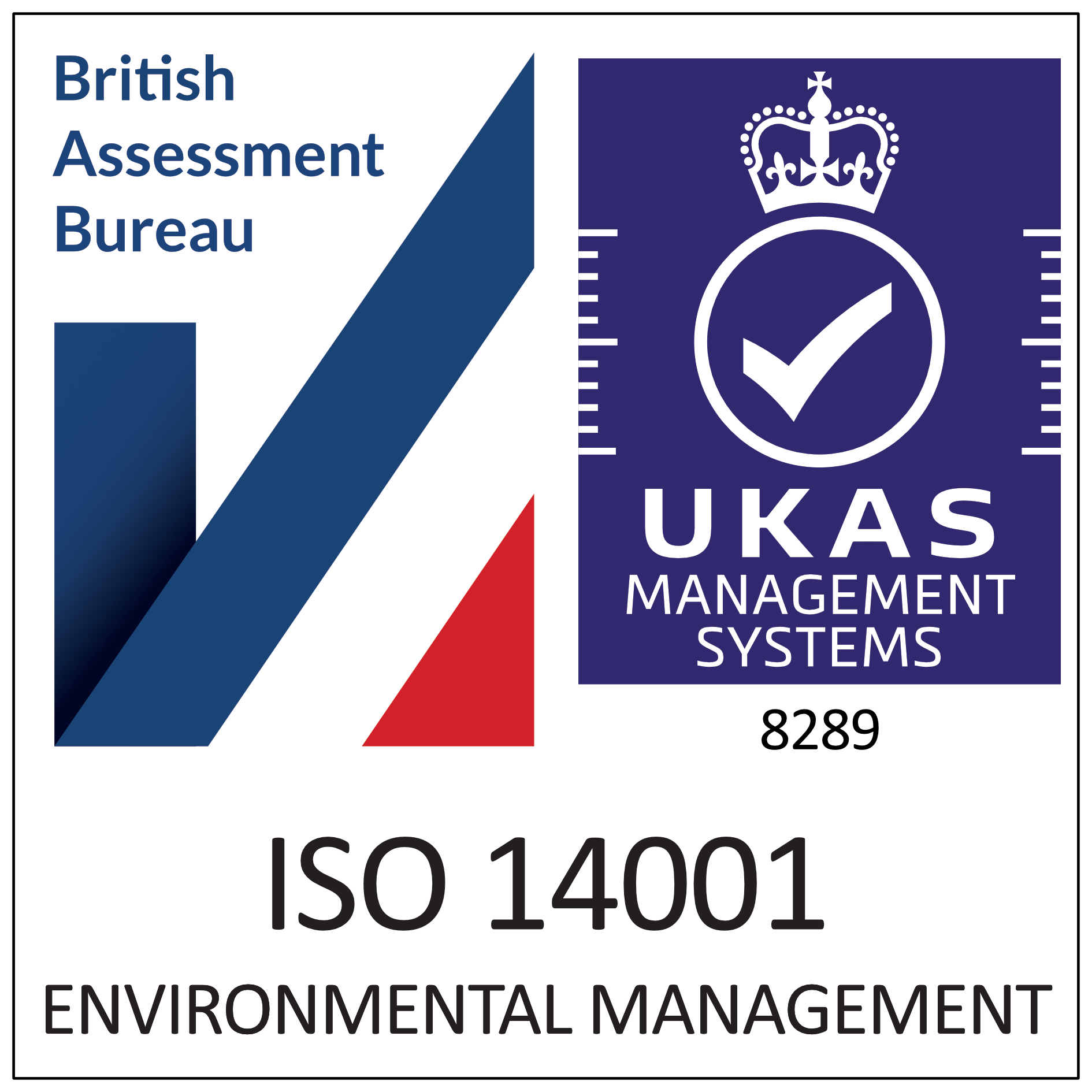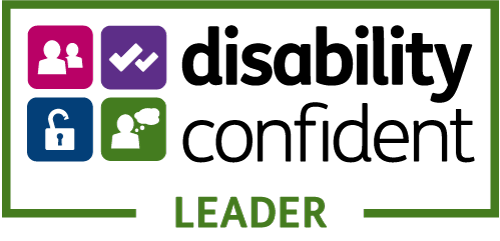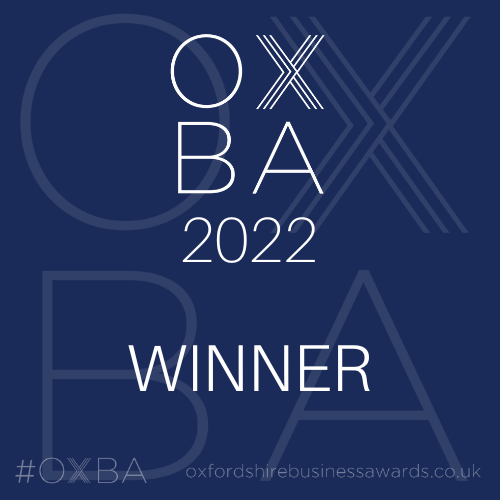








Course code: P09808
Subject area: Early Years & Early Childhood Studies FDA and BA (Hons)
Study level: Undergraduate
Course level: H
Course time:
09:30 - 17:00
Days of week:
Monday
Course date:
8th Sept 2025 - 30th Jun 2027
Course location:
Abingdon CampusWhile the course is classed as full-time, because there is a substantial amount of self-study required in order to be successful, students attend just one day per week from 9.30am-5.00pm. However, applicants should be prepared for approximately 15 hours of self-directed study each week on top of their normal attendance at College.
Over a two-year period a substantial amount of learning will take place in the workplace through the planned and supported tasks and projects set, and applicants will take a series of modules during regular classes at college. Employers have been directly involved in the design of the course, which will build upon the practical work you are already undertaking in the workplace to provide clear links between practice and theory.
YEAR 1Studying Policy and PracticeReflective Early Years PedagogyIntroduction to Child DevelopmentInclusion and Well-beingWorking with Families and CaregiversGlobal Perspectives
Year 2Early Years LeadershipArtwork PedagogiesChildren's VoicesEarly Years EnvironmentsContemporary Issues in Early Childhood StudiesResearching with Young Children
- Evidence of Level 2 literacy and numeracy, for example Functional Skills at Level 2 or GCSE English Language and Maths at Grade C/4 or above on entry. Where a student does not already hold a Level 2 in English and/or Maths qualification, they must present evidence of this before the end of Level 5 to remain on the course to achieve the ‘full and relevant’ status.
- An acceptable qualification, such as a minimum of one A Level or an equivalent Level 3 / T Level qualification, for example, the CACHE Diploma or BTEC National Diploma in Children’s Care, Learning, and Development. Or an Advanced Modern Apprenticeship in Early Years or another appropriate subject. You must also be currently employed or volunteer in a registered early-years setting for at least 10 hours per week.
However, we also welcome applications from experienced and mature practitioners who do not have the above qualifications, so please do get in contact if you have any questions about your eligibility.
English Language Requirements (for students whose first language is not English): IELTS 6.0 (with 6.0 in reading and writing, 5.5 in listening and speaking). If you need a student visa to enter the UK, you will need to meet the UK Visas and Immigration minimum language requirements as well as the University's requirements: www.brookes.ac.uk/students/isat/visas
Extra Costs: an additional fee of £100 is charged at enrolment to cover the cost of planned extra-curricular activities. Whilst all core text books are available in the College and University libraries and online, students may wish to purchase their own copies. Prices of core textbooks range from £15.00 - £55.00.
You can find information on our fees and on Student Finance at www.abingdon-witney.ac.uk/support/fees-bursaries. Please note tuition fees may increase in subsequent years both for new and continuing students in line with an inflationary amount determined by the University and all college partners.
As part of your course we may organise trips to assist you with your learning. Trips are optional, and you will not be penalised if you choose not to participate.
There are bursaries available to help you with other course costs. Call 01235 216 212 for more information.
The rules on fee reduction are complicated and we would encourage you to talk to our Admissions staff on 01235 555 585 to discuss your options. You can find more information on our Fees and Bursaries page - search "Fees and Bursaries" at the top of the page.
£0.00
All staff delivering on the course have a minimum qualification level at grade 6 and substantial experience of working within a variety of early years settings.
Each module is completed with an assessed piece of work designed to enable exploration of themes that have been studied. Some assignments relate to your practice in your own setting and range from within-setting observations of children and in-class presentations to your cohort, to written essays, reports, reflective writing, and small-scale research studies.








